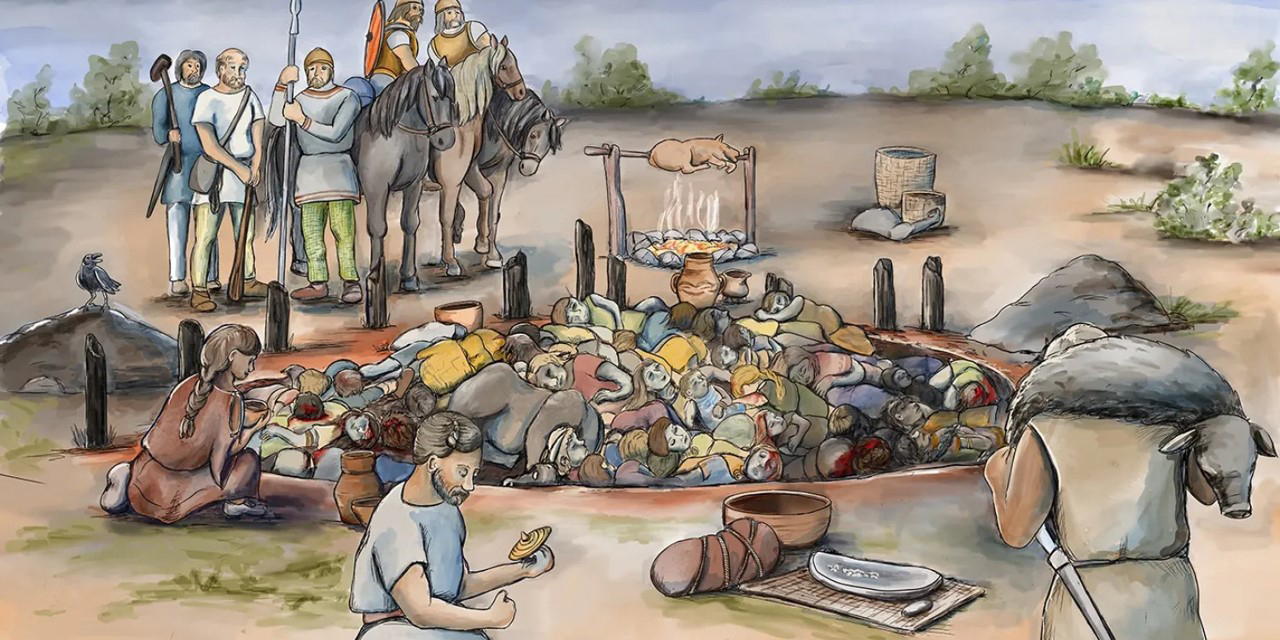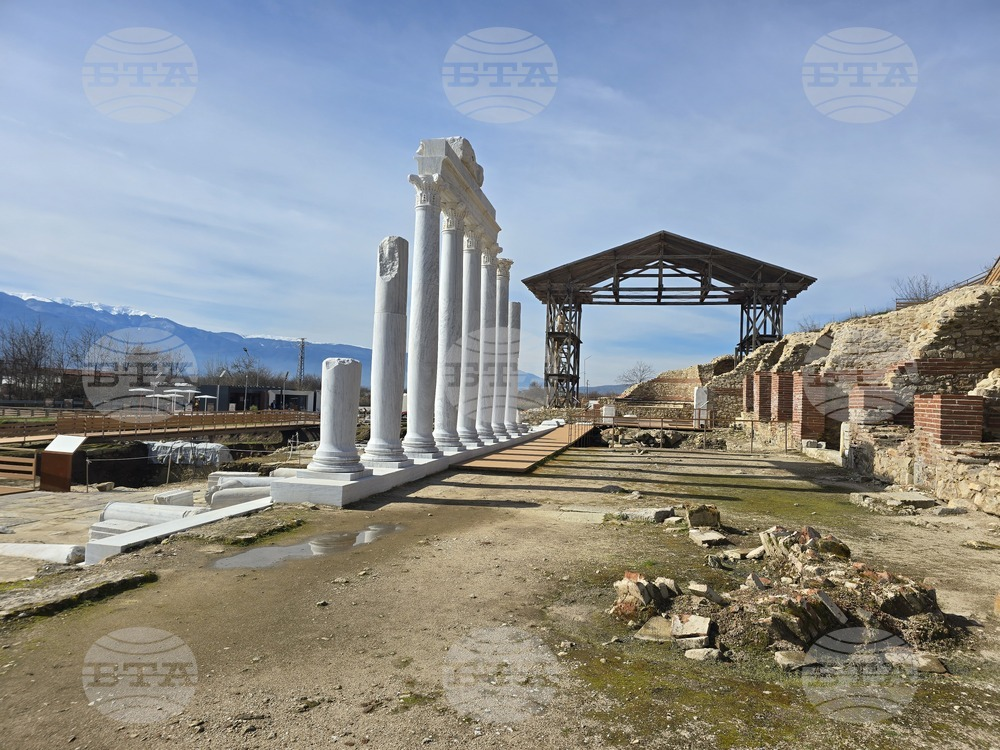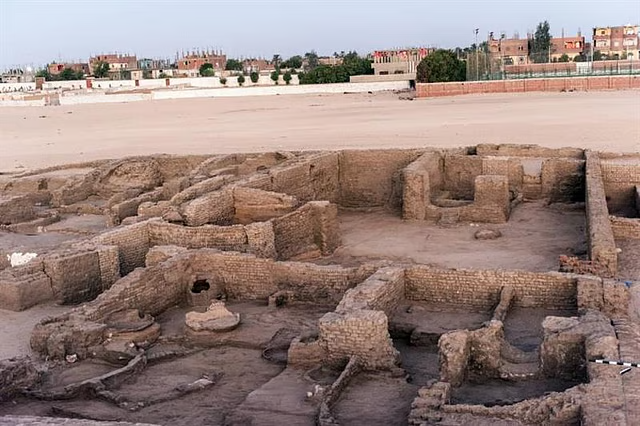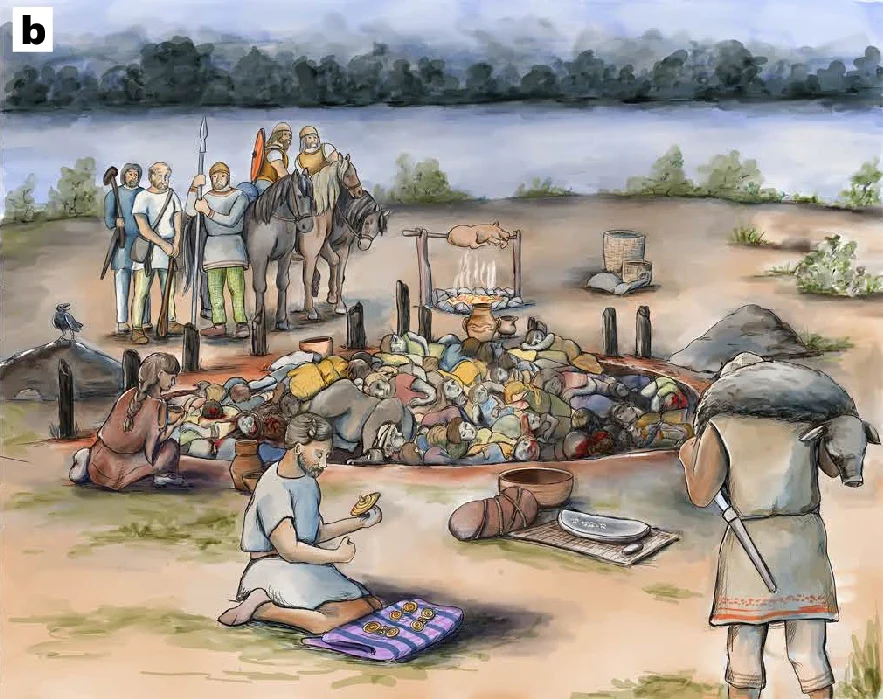The Trojan War
The story of the Trojan War, immortalized in Homer’s Iliad, recounts the conflict between Greek forces and the city of Troy. Heroes like Achilles, Hector, and Odysseus dominate the narrative, but historians have long debated how much is historical truth versus myth.
Archaeological Evidence
Excavations at Hisarlik, in modern-day Turkey, reveal layers of settlements dating to the Bronze Age, suggesting a city that could correspond to Troy. Destruction layers indicate warfare, lending credence to a historical basis for the epic tales.
Historical Debates
Scholars differ on whether the war was a single event, a series of conflicts, or largely legendary. Archaeology, textual analysis, and comparative mythology all contribute to reconstructing the possible reality behind the epic.
Cultural Impact
Whether factual or fictional, the Trojan myth shaped literature, art, and theater for millennia. It provides insights into ancient Greek society, values, and perceptions of heroism, honor, and fate.
Bridging Myth and History
The story of Troy illustrates how myth and history intertwine, offering lessons about culture, memory, and storytelling. Its enduring appeal lies in its universal themes of love, loyalty, conflict, and human ambition.







